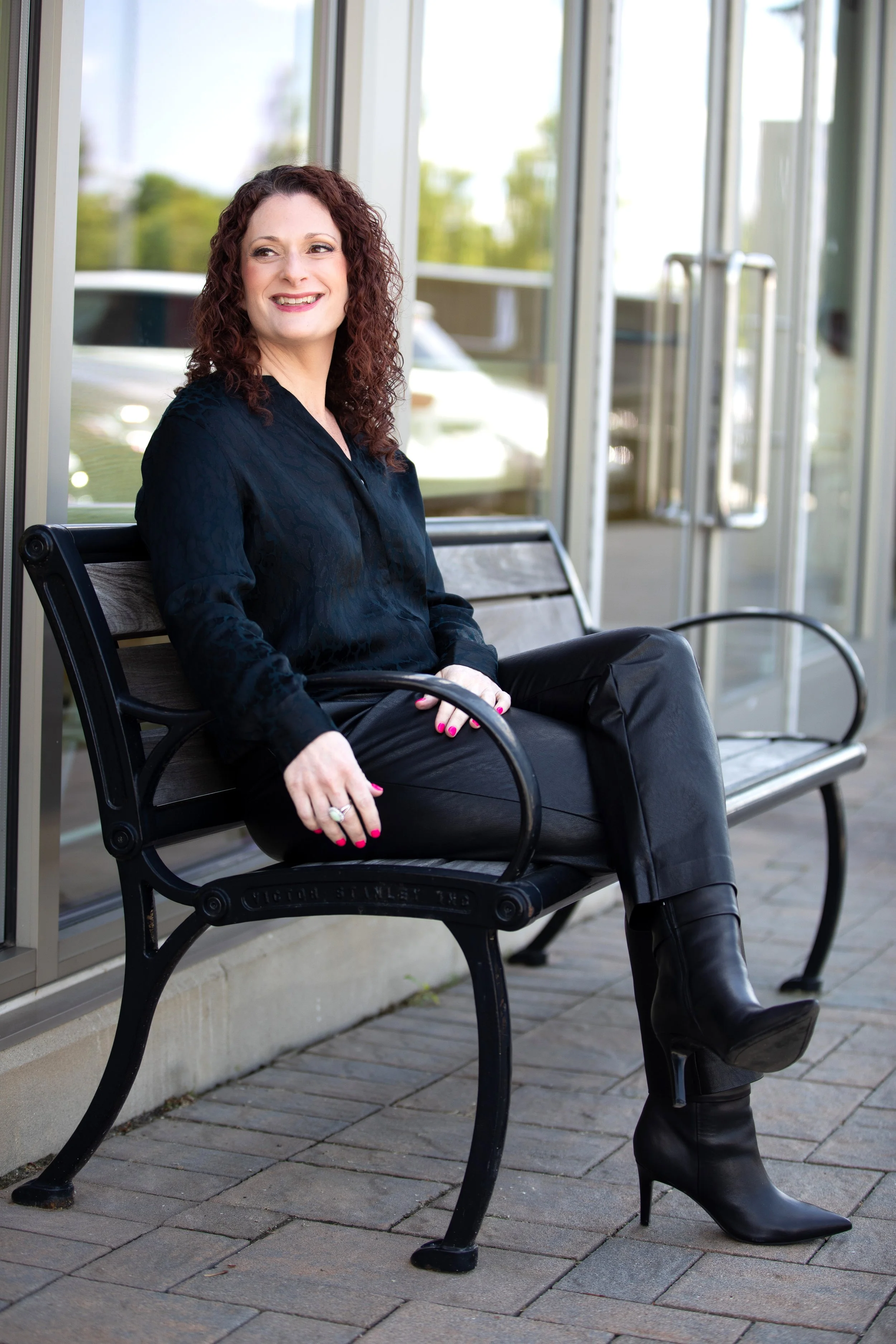
Cultivate Nourishment With Food
Therapist for Disordered Eating
Online Holistic Psychotherapist Across New Jersey and New York
Does This Sound Familiar?
You’re constantly thinking about food. What to eat, what not to eat, when you should eat next. Whether you’re packing lunches, squeezing in a workout between classes, or collapsing after a long day, food feels like a battle you never signed up for. You’ve tried every diet. Keto, paleo, intermittent fasting, hoping one would finally bring peace. But instead, you’re left feeling hungry, frustrated, and like you’re still not doing enough.
Even when you're busy taking care of everyone else, that critical voice around food and your body doesn’t quiet down. You’re exhausted by the pressure to eat “perfectly” and look a certain way, and even more tired of feeling guilty for simply enjoying food.
And the truth is… you do love food. Some of your favorite memories involve shared meals, celebrations, comfort dishes. You don’t want to give that up. You just want to stop feeling like food has power over you. You long for the day when eating can feel natural again. Nourishing. Joyful. Free of shame.
Take the first step toward nourishment. Without guilt or shame.
Let’s Explore How To:
-
without the constant stress or guilt.
-
and understand why restrictive plans never seem to stick.
-
even on your busiest days!
-
that fits into your unique lifestyle, not someone else’s plan.
-
of your mental and physical well-being.
-
without fear, shame, or second-guessing.
A Different Kind of Therapy for Your Relationship with Food.
Rooted in mindfulness, compassion, and the wisdom of your body.
In my holistic therapy approach, we look at the full picture, not just what you eat, but how you feel, think, and relate to your body and your needs. So many of the busy moms, teachers, and young adults I work with have spent years trying to control food, only to feel more disconnected from themselves. Together, we work to reconnect you to your body’s natural cues; like hunger, fullness, and satisfaction, so that eating feels less like a battle and more like a partnership.
You’ll learn to slow down, become more present with your meals, and understand what your body is really asking for. We’ll use mindfulness techniques, like grounding, reframing, and compassionate self-talk, to help you notice and challenge the beliefs that keep you stuck, especially the ones that lead to guilt, shame, or harsh self-judgment.
This isn’t about following another food plan or chasing perfection. It’s about creating something that works in your real life. Whether that’s packing snacks for your kids, eating lunch between meetings, or navigating food choices in a college dining hall. Our work will support you in building a sustainable, intuitive relationship with food. One where joy, nourishment, and trust can exist without pressure or rules.

Here I can Help You…
01 Be Aware
Learn how to reconnect with your body’s natural cues so you can eat with more trust, intention, and ease.
02 Be Empowered
Prioritize your needs and build a relationship with food that supports your life, not controls it.
03 Be Present
Discover grounded, mindful strategies to stay in the moment during meals and in your everyday routines.
04 Be Positive
Quiet the inner critic and begin treating yourself with the same compassion you offer everyone else.
05 Be Free
Break free from food rules, guilt, and shame and finally experience what it means to nourish yourself without fear.
Frequently asked questions
want to know more…click the link below for more answers.
-
An eating disorder is a diagnosable mental health condition like anorexia, bulimia, or binge eating disorder, with specific criteria for diagnosis.
Disordered eating includes a range of unhealthy thoughts and behaviors around food—like chronic dieting, food guilt, or rigid rules—that may not meet full diagnostic criteria but still impact your well-being.
You don’t need a diagnosis to seek support. If food feels stressful or overwhelming, help is available.
-
An unhealthy relationship with food can look different for everyone. Some common signs include:
-Feeling guilt or shame after eating
-Obsessing over calories, weight, or food rules
-Swinging between restriction and overeating
-Using food to cope with emotions
-Feeling out of control around certain foodsIf eating feels stressful, confusing, or emotionally charged, that’s a sign something deeper may be going on. You deserve support—whether or not you’ve been given a label or diagnosis.
-
While there’s no quick fix, healing is absolutely possible. Together, we’ll work to understand the roots of your struggles, gently challenge unhelpful patterns, and build a more balanced, trusting relationship with food and your body.
This isn’t about willpower or perfection—it’s about learning to care for yourself in a more compassionate, sustainable way. With support, many people find freedom from food stress and start feeling more at ease in their bodies again.


